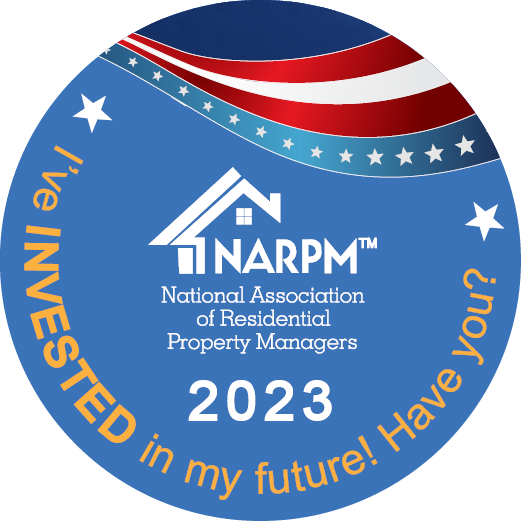A whopping 32% of pet owners have had their pets certified for emotional support.
This means that landlords should expect many applicants with support animals. Failing to learn about fair ESA actions could harm your relationships with your tenants. You could even be in legal hot water.
Are you in need of some landlord tips about tenants with emotional support animals? Read on to learn the crucial facts and tricks Charlotte landlords should know.
Understand All Support Animal Laws
Charlotte landlords must have a clear understanding of the laws about emotional support animals. The primary law that governs this area is the Fair Housing Act (FHA).
Under the FHA, landlords need to accommodate people with disabilities. Part of this includes permitting emotional support animals. This matters even if the property has a "no pets" policy.
It's essential to note that ESAs are not considered pets under the FHA. Instead, they're considered assistance animals.
Landlords can't deny housing to tenants with ESAs. They also can't charge extra fees based on their support animals.
Familiarize Yourself with ESA Documentation
Landlords should request appropriate documentation from tenants with ESAs. This typically includes a letter from a mental health professional.
It should state that the tenant needs an emotional support animal. This animal is a part of their disability treatment plan.
Familiarizing yourself with the necessary documentation is important. It will help you distinguish legitimate ESAs from non-compliant situations.
Communicate With Tenants in a Clear Way
Effective communication is needed for rental management. This becomes even more important when it comes to emotional support animals. Landlords should have open discussions about support animals.
Establish clear guidelines for pet responsibilities. This could include pet waste cleanup. There's also tenant liability for any damages caused by the ESA.
Maintain a Fair Screening Process
It's essential to accommodate tenants with ESAs. Landlords still have the right to conduct a fair screening process. The process should be consistent for all potential tenants.
This should be true whether they have an emotional support animal or not. It ensures that the selection process stays impartial.
Stay Informed About Local Regulations
Charlotte landlords should also stay informed. Local regulations related to support animals can change. They may impose extra requirements or restrictions.
Handle Support Animal Complaints or Disputes Appropriately
Landlords should be prepared to handle complaints or disputes. These issues could be related to emotional support animals. Landlords have to address them in a professional and lawful manner.
What should landlords do if issues arise between tenants? Mediate the situation. Avoid taking any actions that could be perceived as retaliatory or discriminatory.
These Are Vital Tips for Support Animals in Rentals
Learning about support animals is paramount when managing rentals in Charlotte. This shows your commitment to the fair treatment of tenants. Now you won't have to face legal issues with tenants who have ESAs.
Do you need help with property management in Charlotte, North Carolina? These services can help with support animals and everything else. Contact Carolina Property Management, LLC to hear more.














